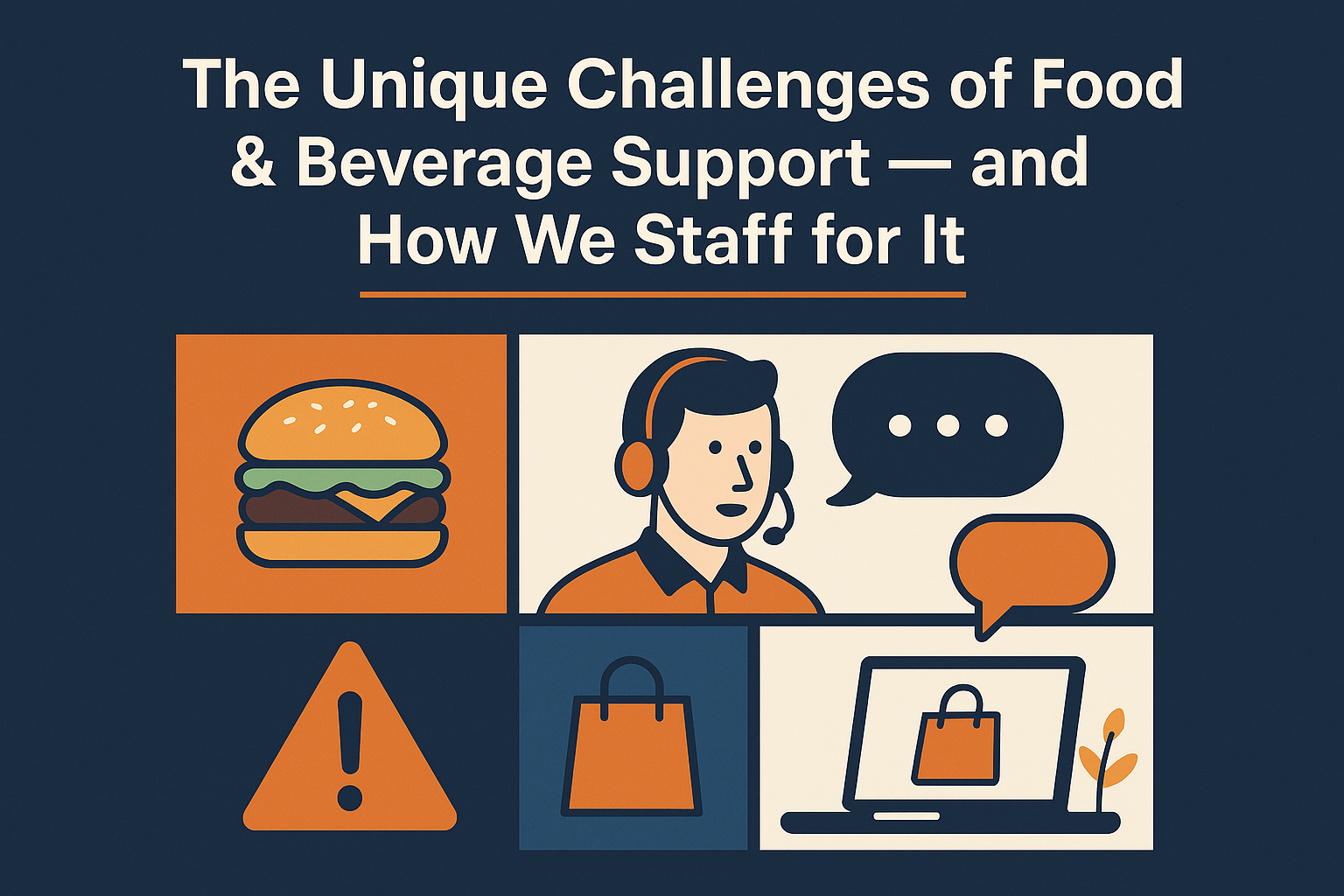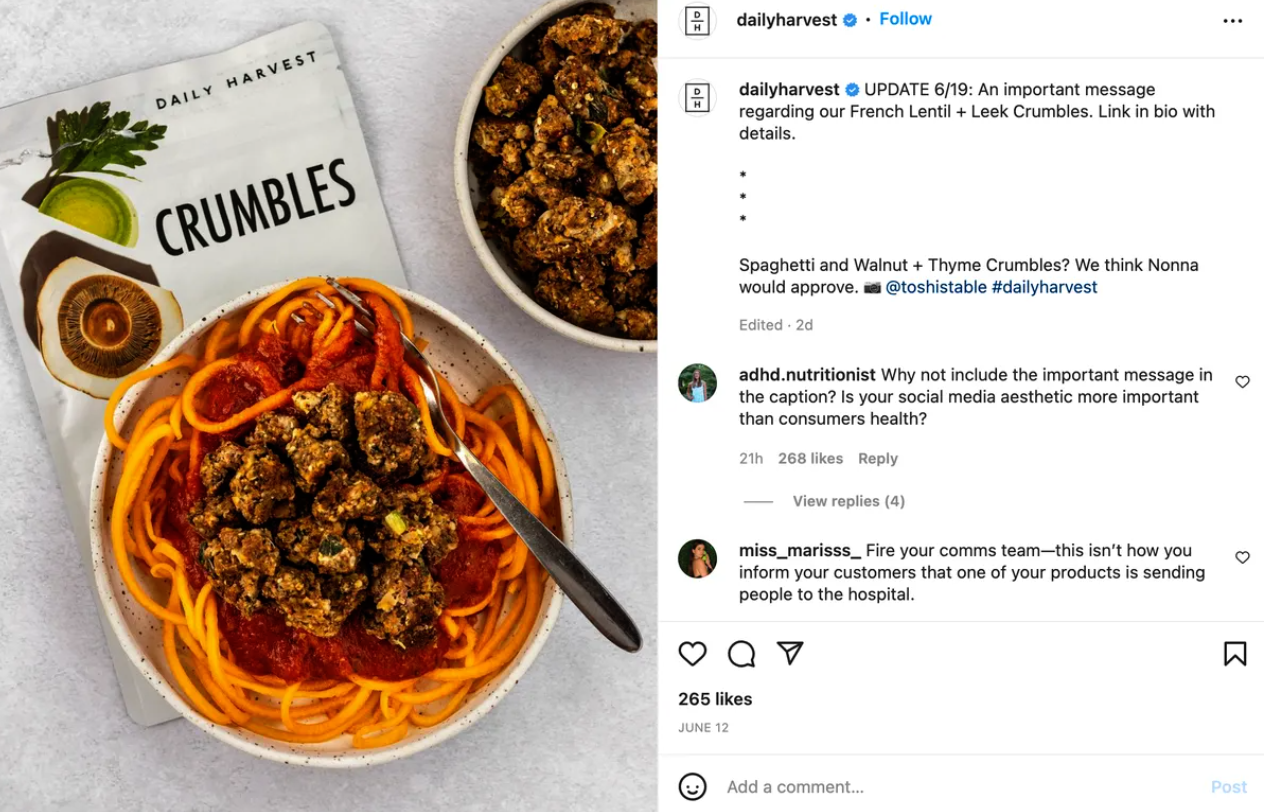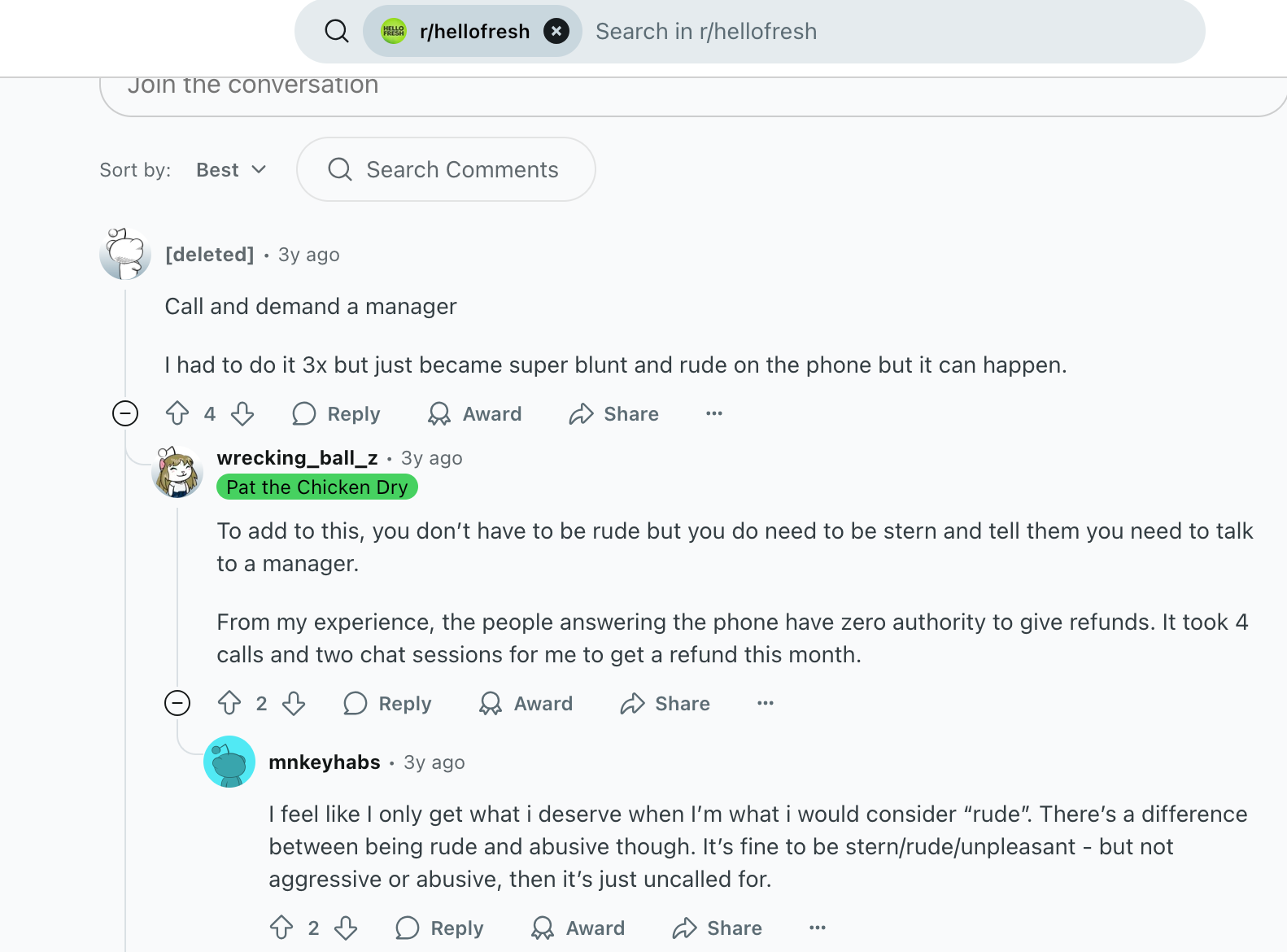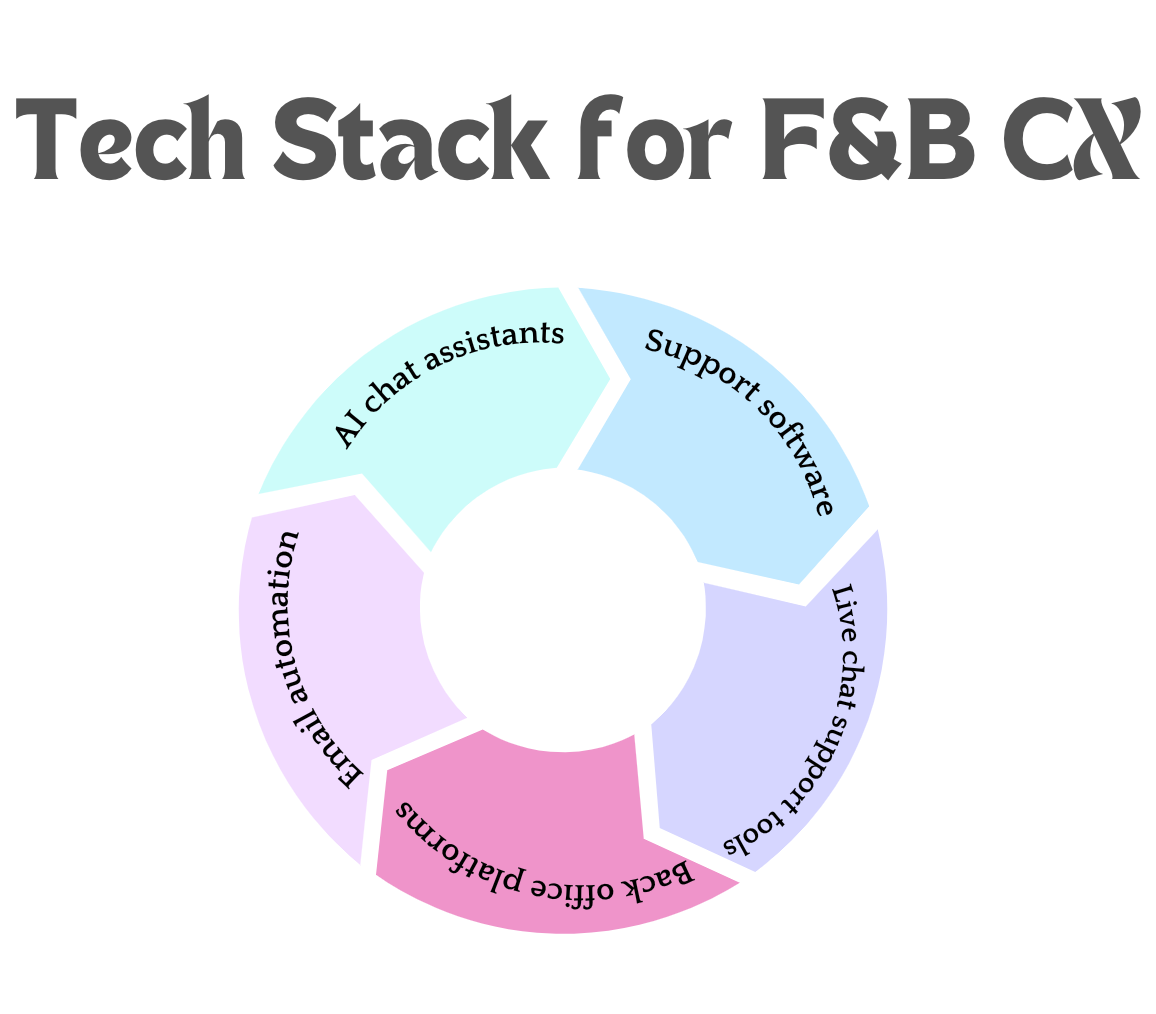The Unique Challenges of Food & Beverage Support, and How We Staff for It
Let’s be real: if there’s one industry where good customer service can make or break your brand overnight, it’s food & beverage.
One wrong order, a late delivery, or a missed allergy detail, and boom, you’re not just losing a customer; you’re risking a negative review, churn, or even legal trouble.
Unlike other industries, where customers might be fine with a 12–24 hour wait, F&B customers expect fast, accurate, and emotionally intelligent service, often in real time.
So how do you build or hire customer support teams that meet this bar?

Why Food & Beverage Customer Service Is Uniquely Demanding
Having staffed for sectors like fashion, SaaS, and electronics, we can confidently say this: food & beverage support is an entirely different ball game.
Here’s why:
1. Time Sensitivity is Everything
If someone places an order on a Friday night and there's a delivery issue, they’re not waiting until Monday. You need after-hours support, live chat coverage, and AI-powered customer care software that can escalate issues immediately.
2. High Emotional Stakes
Food is personal. A missed ingredient, wrong flavor, or melted product can cause disproportionate frustration. This calls for empathetic, emotionally intelligent support agents trained in de-escalation.
3. Refund Complexity Due to Perishability
You can’t return a spoiled smoothie pouch. Reps must be trained on what qualifies for a refund, how to log quality issues, and how to resolve problems without overcompensating.
4. Allergy Sensitivity & Compliance
Mistakes in allergen information can pose real health risks. That’s why top CX companies train reps on FDA compliance, allergy protocols, and detailed SOPs.
How We Staff Customer Support for Food & Beverage Brands
Whether you're a small DTC coffee brand or a national smoothie subscription service, here's how we help you scale with the best customer experience in the industry:
1. Blend Human + AI Support
This combination is the foundation of responsive and scalable support.
- AI customer service software instantly answers common questions like:
- “Is this gluten-free?”
- “How do I store this?”
- “Can I pause my subscription?”
- Human agents step in when situations escalate emotionally or logistically.
The result? Faster resolution times and lower support costs, without sacrificing empathy.
2. Hire Customer Support With F&B Context
We don’t mean baristas, but people who’ve worked in ecommerce support for perishables onboard quicker and solve problems faster.
Even better if they’ve handled back office support like refunds, delivery logistics, and cold-chain issues.
3. Train for Empathy, Urgency & Tone
Support in food & beverage is often reactive, people rarely message you just to say “great job.” Most tickets come in when something goes wrong: late delivery, melted item, wrong flavour, or a gifting order missed the mark.
That’s why it’s crucial to train reps not just on product info but also on how to respond under pressure, and still sound human. We focus a lot on tone (calm, clear, but not robotic), urgency, and scenario-based SOPs tailored to food-specific issues.
When you pair this with live chat support outsourcing, or even a solid shared knowledge base, the difference shows, not just in faster replies, but in how customers feel heard and cared for. And let’s be honest, that’s what drives repeat orders in this space.
What Founders Often Get Wrong About F&B Support
“We’ll just manage support ourselves.”
This one’s super common, especially in the early stages. But in food & beverage, support isn’t just about answering questions. It’s about being present when people are hungry, frustrated, or gifting under pressure.
Take Daily Harvest, for example. When they faced complaints about contaminated lentil crumbles back in 2022, their customer service experience came under fire, not just because of the issue, but because customers felt their concerns weren’t being addressed fast enough. It’s a reminder that in F&B, slow or vague replies can escalate quickly, sometimes even hitting headlines.

Founders often think they’ll “manage support for now”, but if your inbox is overflowing on weekends or your live chat is offline during peak delivery hours, it’s time to hire customer support or explore after-hours live chat support outsourcing.
“Any support experience is fine.”
Support for fashion or SaaS isn’t the same as support for food – period.
For example, HelloFresh, the global meal kit brand, has built an entire layer of back office support around logistics, substitutions, refunds, and allergen safety. That’s not something a generalist rep can wing. One missed allergen disclaimer or an incorrect delivery reroute can risk customer trust, or worse.

If you’re an F&B brand, you need reps who either have eCommerce customer support experience in food, or can be trained on cold-chain handling, refund policies, and how to navigate health concerns using your customer service software.
The best CX teams in this space balance urgency with empathy, and that only happens when reps are equipped with the right tools, tone, and training.
Our Recommended Tech Stack for F&B CX
Want to streamline your customer service experience while scaling?
Here’s the stack we often implement for clients:

- AI chat assistants (e.g., Gorgias, Tidio)
- Customer service software (Zendesk, Freshdesk, kim.cc)
- Live chat support tools
- Back office platforms for order tracking/refunds
- Email automation for returns, missing items, allergen alerts
Pro tip: Always layer automation with trained human oversight to maintain warmth and accountability.
When to Outsource Your Ecommerce Customer Support
If you're constantly firefighting support tickets and wondering whether to keep it in-house or scale with help, you're not alone. A lot of F&B founders wait too long before they realize they need customer care outsourcing.
If you're getting 30+ tickets a day, taking more than 6 hours to respond, or seeing reviews that mention “no response” or “slow support,” it's a red flag.
I break down exactly when to make the move in this blog on when to outsource your eCommerce customer support, worth a read if you're stuck in that in-between zone.
A hybrid model – part-time reps + AI support, works beautifully for most growing F&B brands.
Final Thoughts: In F&B, Customer Support Is Strategy
Customer support isn’t just a backend operation, it’s your front line for retention. It influences:
- Reviews
- Word-of-mouth
- Brand loyalty
- First-purchase confidence
So whether you're just starting out, scaling fast, or drowning in tickets, it’s time to treat support as a growth lever.
One bad bite can cost you a loyal customer. One great conversation can win you five more.